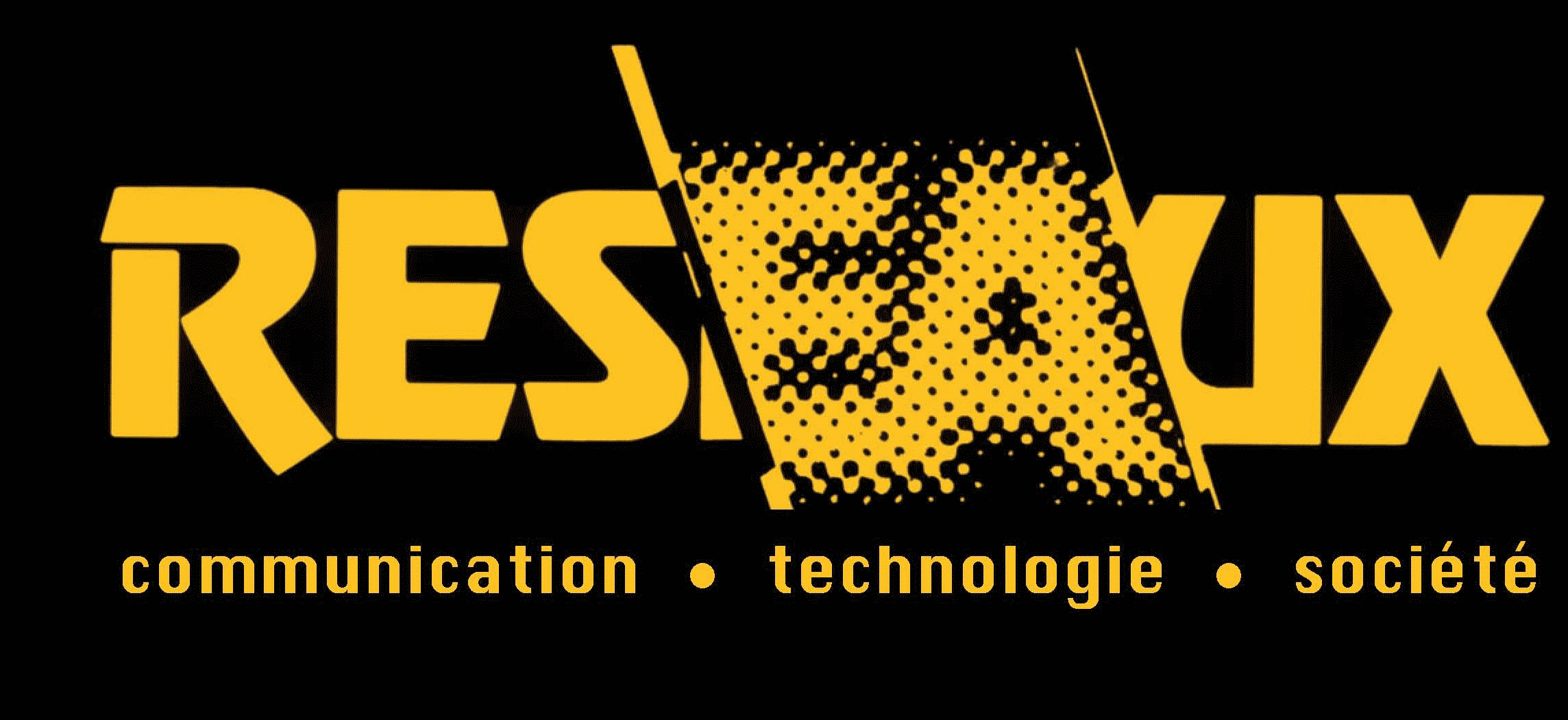The Long March towards a Cognitive Appropriation of the Web: The Case of Comic Books
While an abundant literature has developed on the specificities of information on the Web, little work has addressed the relative importance of the acquisition of information on the Web as opposed to off the Web, and the role played by individuals' experience with both the consumption of cultural goods and new technology. This paper studies the extent to which comic book readers use digital technology as a source of information. Based on a survey carried out with students, it shows that, generally speaking, behaviors on the Web are closely related to the search for information in the physical world, with differences depending on the readers' experience. While individuals use the Internet extensively in their daily practices, the uses they make of it vary according to past consumption from which they learned and then developed new habits. Overall, the cognitive revolution does not seem to have taken place. We note the specific case of the Web 2.0 that has not managed to supersede its counterpart, the traditional word of mouth. While it offers new opportunities for processing information (storable and classifiable information), it has not been able to overcome the loss of trust induced by the disappearance of physical encounters between actors.
